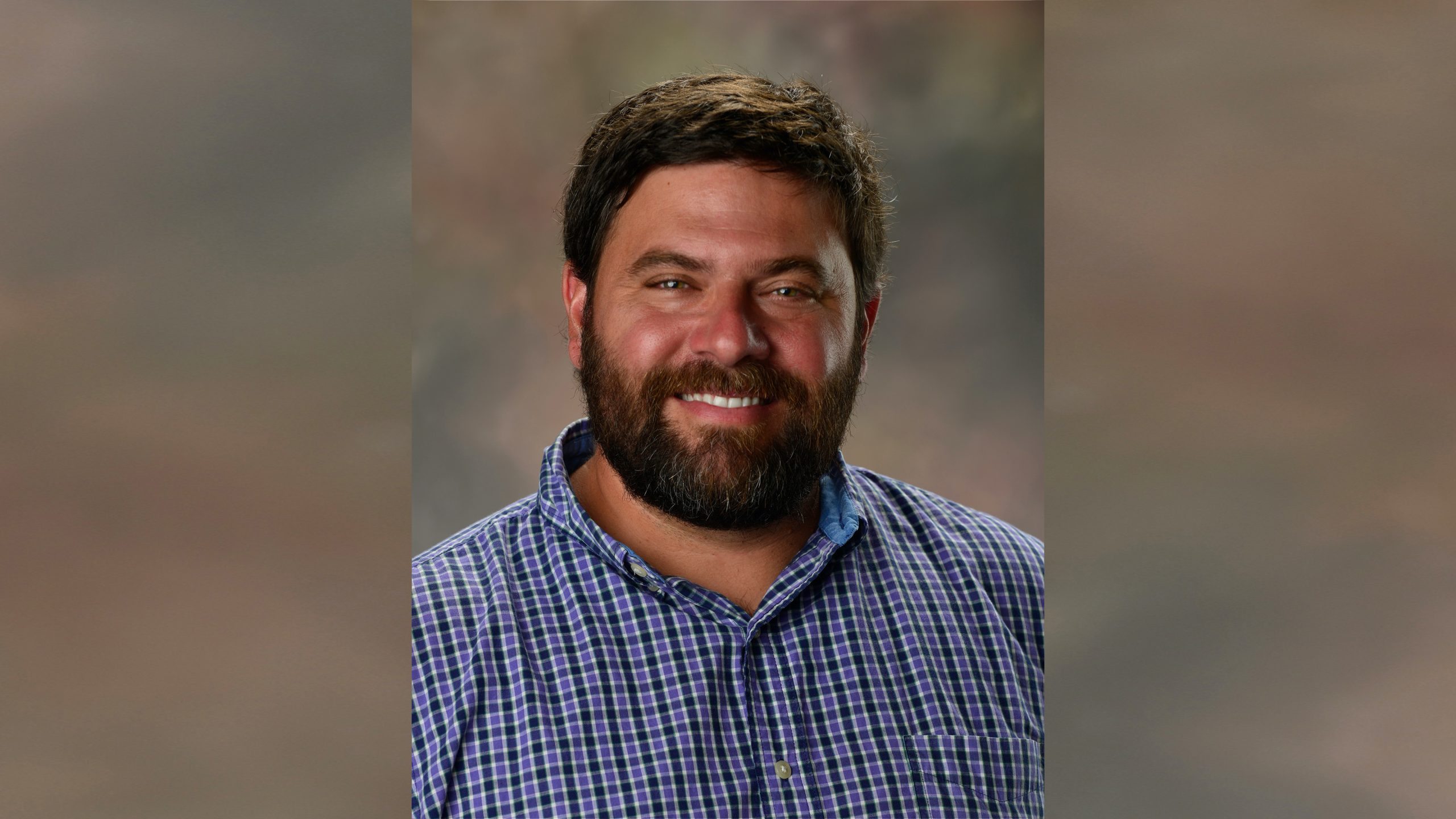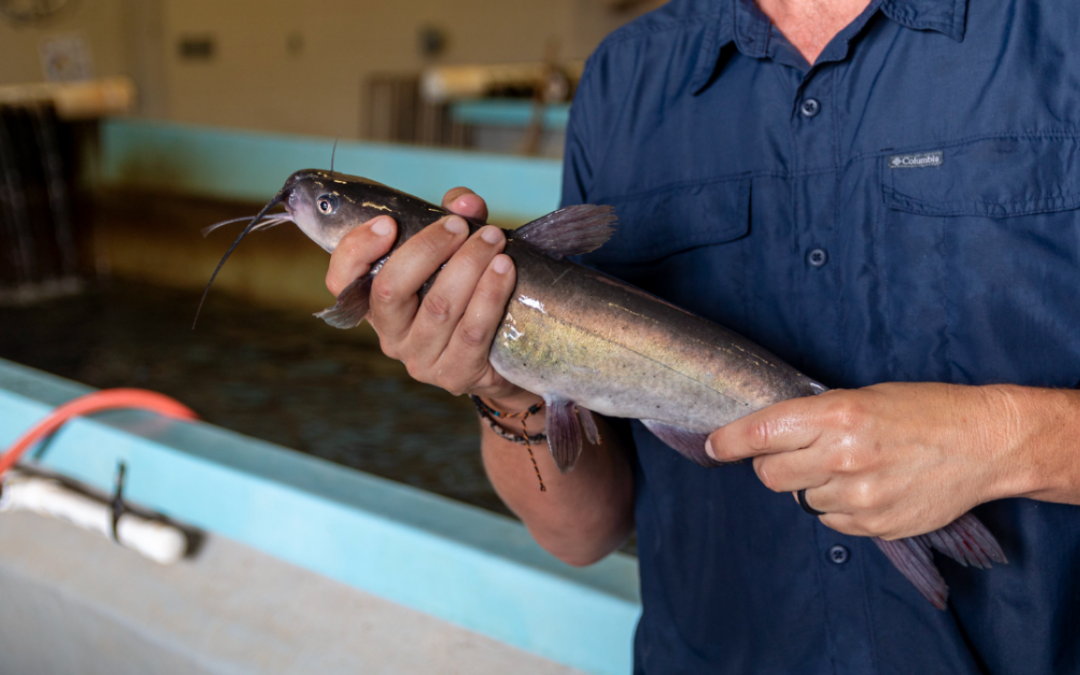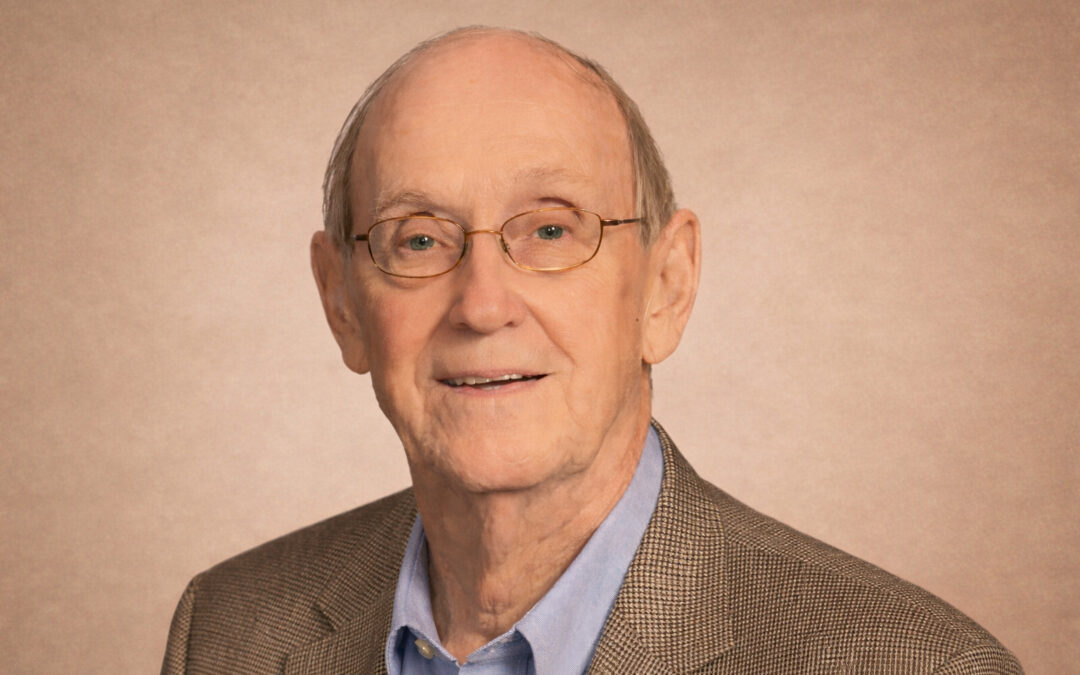Alan Wilson, a professor in the Auburn University School of Fisheries, Aquaculture and Aquatic Sciences, has been awarded the university’s Gerald and Emily Leischuck Endowed Presidential Award for Excellence in Teaching for 2022. The Leischuck Award is the highest faculty honor the university bestows, recognizing full-time, tenured faculty members who have demonstrated exceptionally effective and innovative teaching methods as well as a continued commitment to student success through advising and mentoring.
Wilson said the award “is the highest honor of my life. I am blessed to have worked alongside so many wonderful students in the classroom, lab and field, and any success that I have had instructing others was driven by the motivation and excitement of my students. Having an opportunity to support students to make new discoveries is a fantastic perk of being a faculty member in the College of Agriculture at Auburn University.”
Wilson has received other teaching awards, including a USDA Excellence in College and University Teaching in Food and Agricultural Sciences Award in 2018. He was a recipient of the Auburn University Provost’s Award for Excellence in Fostering Undergraduate Research and Creative Scholarship in 2014.
Wilson leads and oversees all aspects of a Research Experiences for Undergraduates program funded by the National Science Foundation. Through this research program, he has supported and trained 65 undergraduate students, including four students with disabilities, 18 underrepresented and 46 women across the United States. Students working and studying in Wilson’s lab have produced 30 research publications.
From 2014 to 2016, Wilson was the first faculty member from the College of Agriculture to serve as an NSF program director. He has taught at Auburn since 2007.
Wilson will be officially recognized for his Leischuck Award at the 2022 Auburn Faculty Awards ceremony Thursday, Nov. 17.





